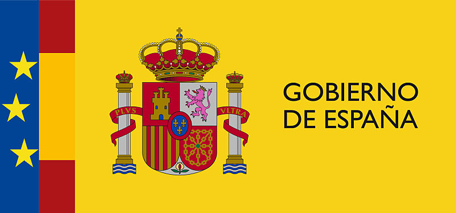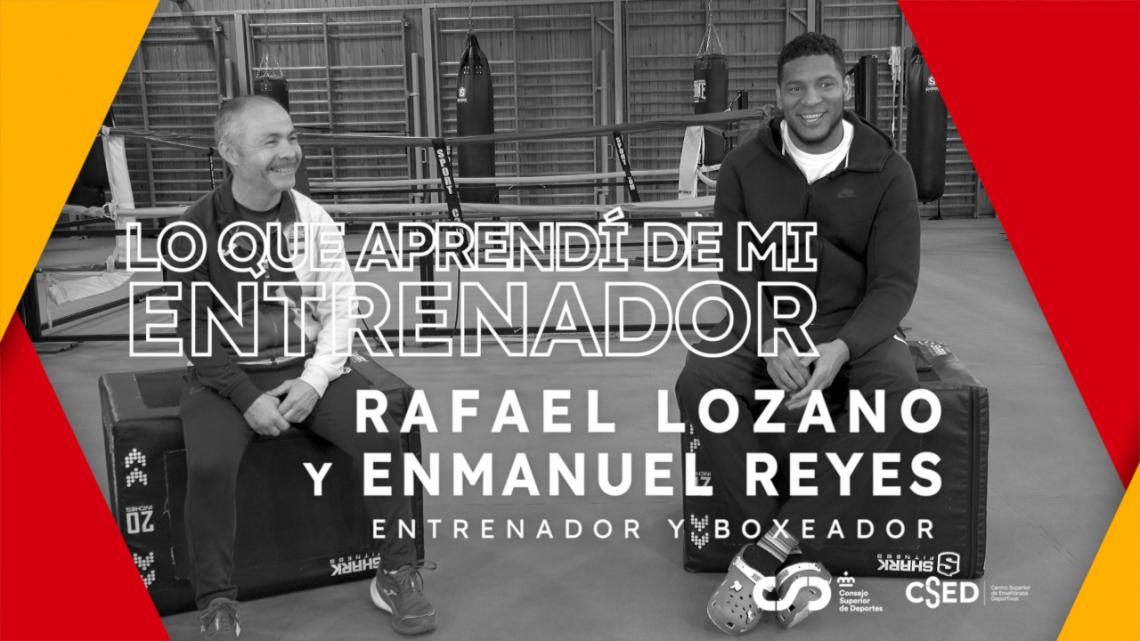Rafael Lozano and Emmanuel Reyes, the Spanish tandem who dreams and works for the Olympic gold
Madrid, April 14, 2025.- The Sports Council (CSD) this week publishes a new episode of “What I Learned from My Coach”, starring the national coach, Rafael Lozano, and one of the most relevant boxers in the current panorama, Emmanuel Reyes.
Rafael Lozano (Córdoba, 1970) was a silver medallist in Sydney 2000 and bronze medalist in Atlanta 1996. It is the great benchmark of boxing at national and international level. This is what Emmanuel Reyes, of Cuban origin, who already knew his “teacher” before starting to train together in Madrid.
Both review their trajectory and report the main anecdotes of their joint experience as a trainer and athlete.
Lozano decided to take the leap to the training of new athletes after finishing a successful career. He first founded his own boxing school in his hometown, Córdoba, and currently runs the Spanish boxing team. All, with a philosophy centered on discipline, respect and trust, qualities that he considers important in an athlete, and which are also essential in a good trainer.
In this way, psychological work becomes for him an essential part in the preparation of his boxers, especially at key moments such as weighing or competition itself.
For his part, Emmanuel Reyes recalls in the conversation his arrival at the High Performance Center of the CSD in Madrid as a challenge full of illusion and an exponential improvement in its performance. “Little by little we took the way to reach my first Olympic Games in Tokyo,” he remembers, “and later, thank God, to Paris,” where he won a historic medal for Spanish boxing.
Since the withdrawal of Rafael Lozano and the arrival of Emmanuel to the national team, Spanish boxing had not managed to get back on an Olympic podium. An exciting moment for both, although this tandem dreams and, most importantly, works for gold.
About “What I Learned from My Coach”
This project, promoted by the Centre for Sports Teaching (CSED) of the Higher Council of Sports, aims to highlight the figure of the coach and his important work in improving the preparation, progression and achievement of the successes of those athletes with whom they work. Through a dialogue they address aspects such as the importance of the figure of the technician or the qualities he must possess to perform his work in the best of conditions. In addition, issues such as the working method used, their experiences in competition or their ideas on psychological aspects in the field of sport are discussed.



